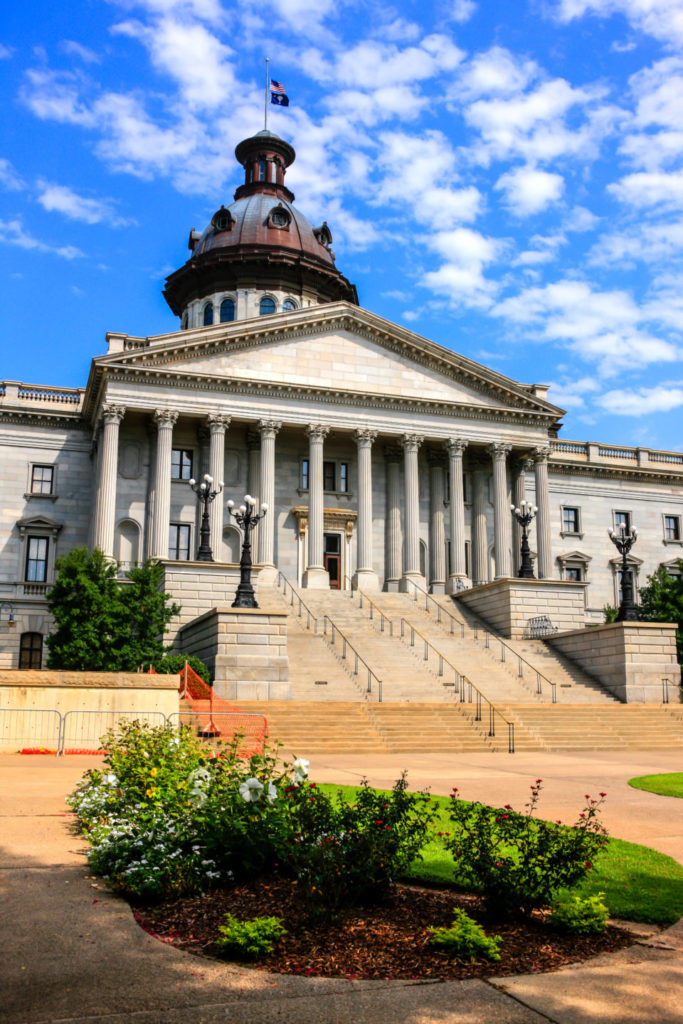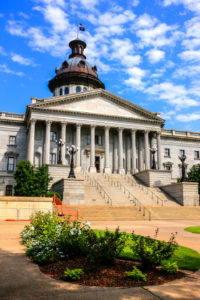Income tax rebate, education legislation remain for South Carolina Legislature
(The Center Square) – While South Carolina’s regular legislative session ended Thursday, several pieces of legislation are still in the works including an income tax rebate proposal along with a…

(The Center Square) – While South Carolina’s regular legislative session ended Thursday, several pieces of legislation are still in the works including an income tax rebate proposal along with a bill to create new educational savings accounts.
Those bills, S1087 and S935, reached the point of conference committee and could be ready for when the Legislature resumes in special session between June 15-17 and June 28-30 for follow-up votes.
The $1 billion income tax rate cut bill was set for conference committee after both the House and Senate refused to agree on either version Thursday.
The House version would cut the state’s top tax rate from 7% to 6.5% for the 2022 tax year and then lower that top rate by 0.1 percentage points each year, starting in 2023, until it reaches 6%. It also would combine the tax brackets that previously were at 6%, 5%, 4% and 3% into one 3% bracket.
The Senate version included a $1 billion rebate on 2021 state taxes, with rebates between $100 and $700 per state tax return. The 43% of South Carolina residents who do not pay state income tax will still receive $100 in tax rebate payments this year when they file taxes, which will amount to $116 million of the payments.
Anyone set to pay up to $100 in taxes will receive the $100 rebate and that rebate will grow along with tax liability up to a cap of $700 per tax filing.
It also includes recurring income tax cuts, and would cut the state’s top two tax tiers (7% and 6%) to 5.7% for tax year 2022, a plan that would cost $887 million annually.
The conference committee will include House Majority leader Gary Simrill, R-York, new House Speaker Murrell Smith, R-Sumter, and Minority Leader Todd Rutherford, D-Richland. The Senate asked Finance Chairman Harvey Peeler, R-Cherokee, Sen. Nikki Setzler, D-Lexington, and Senate President Thomas Alexander, R-Oconee, to be part of the committee.
A bill that will create educational savings accounts also has reached conference committee.
The House version would allocate $75 million to pay for up to 5,000 vouchers for students to attend any approved private or public school in the state worth a maximum of $5,000 each starting in the 2023-24 school year. The program would be approved for three years.
The Senate version allowed for 5,000 scholarships in the 2023-24 school year before expanding to 10,000 in 2024-25 and 15,000 every school year thereafter. The reimbursement would equal the average amount of funding per student for the state’s public schools.
That would be $7,140 in the first year and $7,565 in 2025-26 for a total cost of up to $35.7 million in 2023-24 to $113.5 million in 2025-26. That funding will go from the school district where the student is enrolled to the ESA voucher.



